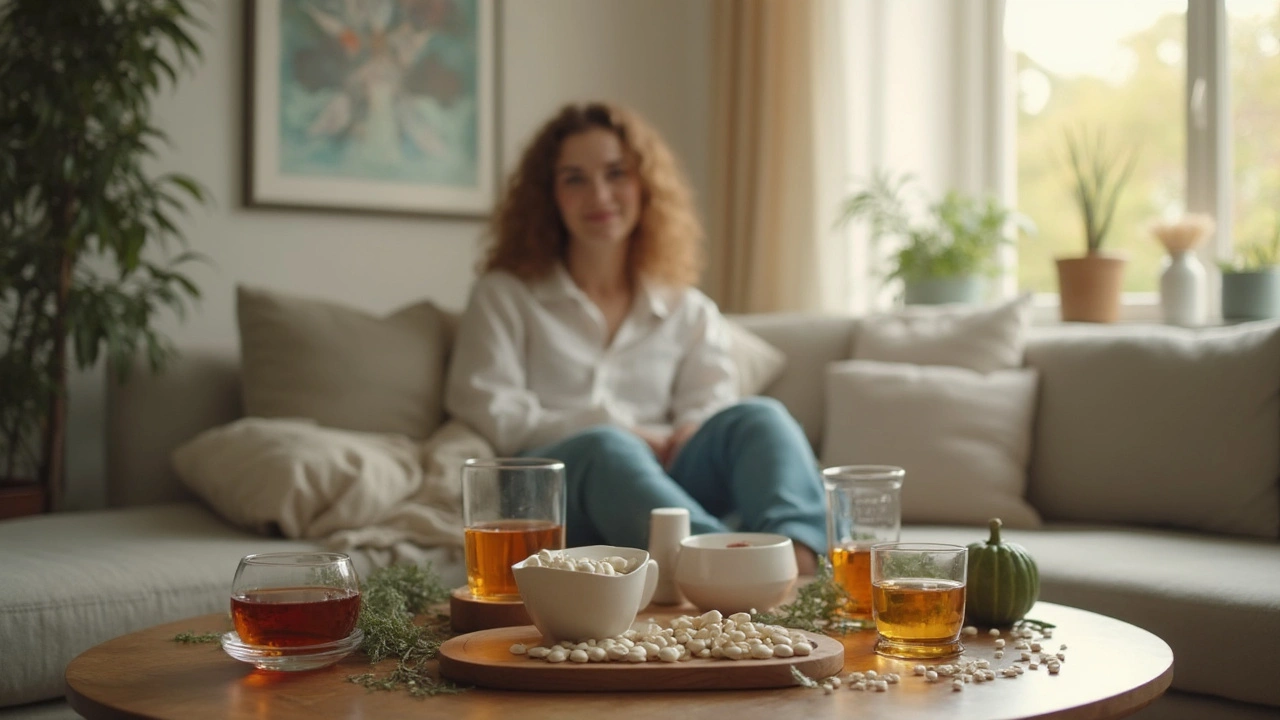Anxiety treatment changed a lot by 2025. New medications, better therapy tools, and safer online care make it easier to find what helps. If you’re tired of guessing, this guide points to practical options and what to ask your doctor.
Medication still matters. SSRIs and SNRIs remain first-line for generalized anxiety, social anxiety, and panic. For people who need faster relief, doctors now sometimes offer short courses of fast-acting agents alongside therapy. Tell your clinician if side effects or slow response are a concern — there are alternatives.
Newer approaches in 2025 include targeted neuromodulation and digital therapeutics. Treatments like brief transcranial magnetic stimulation (TMS) and app-based cognitive behavioral therapy (CBT) can work alone or with pills. Digital programs now track symptoms, offer guided exercises, and share progress with your clinician if you permit.
There’s exciting research on psychedelic-assisted therapy, ketamine and new herbal formulas. Those options show promise in trials but are not right for everyone. If you ask about them, expect a frank talk about risks, legal status, and follow-up care.
Always check interactions. Many anxiety drugs change how other medicines work. Tell your prescriber about supplements like CBD, St. John’s wort, or high-dose magnesium. If you buy meds online, use a verified pharmacy and keep records. Never skip follow-up labs or blood pressure checks if your drug can affect them.
Therapy still works best long-term. CBT and exposure therapy teach skills that stop panic and worry cycles. Start with short, focused sessions or guided online courses if clinic wait times are long. Learn two breathing exercises and one grounding trick to use during panic — they help quickly.
Lifestyle matters more than a single pill. Aim for regular sleep, 20–30 minutes of brisk walking most days, and cut back on caffeine and late sugar. Track your mood and triggers with a simple notebook or an app so you and your clinician can make clear changes.
Supplements can help but evidence varies. L-theanine, magnesium, and low-dose omega-3s show small benefits in some studies; quality and dose matter. Talk to your clinician about allergies, pregnancy, and interactions before adding anything.
If you need relief fast: practice box breathing for five minutes, call a trusted friend, and schedule a same-week telehealth visit. If you have suicidal thoughts or severe panic, contact emergency services or a crisis line right away.
Choosing care: ask about side effects, expected timelines, and how progress will be measured. Get a written plan: medication name, dose, when to stop, and who to call for problems. Second opinions are fine — a fresh view often shows a quick fix.
Want more practical reads? Our guides on therapy options, medication safety, and how to buy meds online safely are updated for 2025. Pick one area to start, act on small wins, and keep notes so your next visit is productive.
Still unsure? Start with a 15-minute telehealth check, write down three daily symptoms, and bring that list to your clinician. That simple step speeds care and reduces guesswork today.

Looking for alternatives to Alprazolam in 2025? This article explores promising options that provide relief without the drawbacks of dependency. Discover how each alternative works, along with their pros and cons, to make an informed decision about managing anxiety. From Vistaril's fast-acting relief to long-term solutions, navigate the world of non-benzodiazepine treatments.
